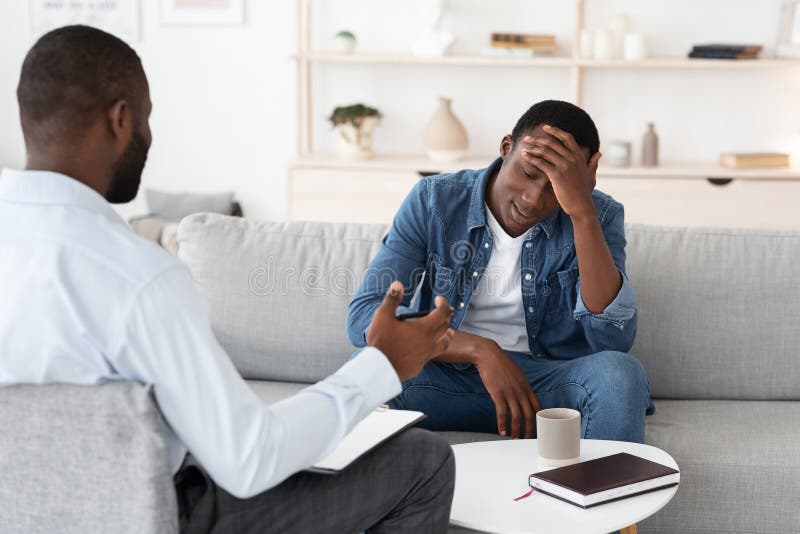Sexual assault is any type of sexual activity or contact that does not have your permission. Sexual assault can happen through physical force or if the attacker gave the victim date drugs or alcohol as part of the assault. Sexual assault includes rape and sexual harassment. In the world today, one in three women and one in four men has experienced some sort of sexual harassment.
Sexual assault can happen to anybody, no matter your gender identity. People who have been sexually assaulted may exhibits some feelings and reactions as other victims of sexual assault, but they might also face some problems because of the stereotypes about men and boys.
Common reactions
People who have been sexually assaulted may experience the same effects of sexual assault as other survivors, and they may face other challenges that are more unique to their experience.
Some people who have survived sexual assault as adults feel shame or low-esteem, believing that they should have been strong enough to fight off the assaulter. These natural stimulation responses does not means that you intentional causes or enjoyed the assault. If you were assaulted know it not you fault and everything happened for a reason.
Adults who were sexually abused as teens may also respond differently then adults who were assaulted sexually as adults. The following list includes some of the common experiences shared by adults and teens who have survived sexual assault. These are possible effects they face after incidence
- Anxiety
- depression
- flashbacks
- eating disorder
- Avoiding people or places that remind you of the assault or abuse
- Questions about sexual orientation
- Fear of vison
- Feeling like they don't have control over their body
- sleepless nights
- Sense of blame and shame
- sense of isolation
- Withdrawal from relationships or friendships
- Fear of judgment or disbelief
Who are the perpetrators of sexual assault ?
Perpetrators can be any gender identity, of any age, and they can have any relationship to the victim. They might use physical force or psychological and emotional harassment techniques. .
Can being assaulted affect sexual orientation?
Sexual assault is in no way related to the sexual orientation of the perpetrator or the survivor, and a person’s sexual orientation cannot be caused by sexual abuse or assault. Some men and boys have questions about their sexuality after surviving an assault or abuse—and that’s understandable. This can be especially true if you experienced an erection or ejaculation during the assault. Physiological responses like an erection are involuntary, meaning you have no control over them.
Sometimes perpetrators, especially adults who sexually abuse boys, will use these physiological responses to maintain secrecy by using phrases such as, “You know you liked it.” If you have been sexually abused or assaulted, it is not your fault. In no way does an erection invite unwanted sexual activity, and ejaculation in no way condones an assault.
How to support survivors
It can be hard to tell someone that you have experienced sexual assault or abuse. You may fear that you will face judgment or not be believed. Below are a few suggestions on how you can support people who discloses to you that they has experienced sexual assault or abuse.
- Listen. Try listen to what they have to tell you. Take then serious some of them feel no one would give them attention.
- Validate their feelings. Don't make it too positive statement use statement like "That sounds like a really hard thing to go through", Don't use "It will get better. "
- Express concern. Tell them that you care about them by saying things like "I care about you" or "I am here for you."
- Do not ask about details of the assault. Even if you are curious about what happened , avoid asking for details of how the assault occurred. However, if the victim chooses to share those details with you, try your best to listen in a supportive and caring way.
What if I experienced sexual assault as an adult?
Some people who have survived sexual assault as adults feel shame or self-doubt. Some people who have survived sexual assault as adults feel shame or low-esteem, believing that they should have been strong enough to fight off the assaulter. These natural stimulation responses does not means that you intentional causes or enjoyed the assault. If you were assaulted know it not you fault and everything happened for a reason.
What if the abuse happened when I was a young?
If you were sexually harassed when you were a child or a teenager, you may have different reactions at different times in your life.
How could this affect my relationships?
You could find it very difficult to trust people again because the incident keep getting back at you. If it was a relative that assaulted you or a friend you won't want to have any thing to with them again.
Finding support
- Visit helplines .
- Consider therapy or other mental health support.


2 comments
I recommend this site to everyone.
ReplyDeleteIts nice
ReplyDelete